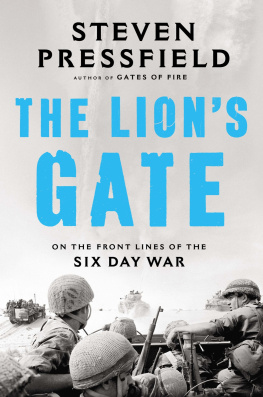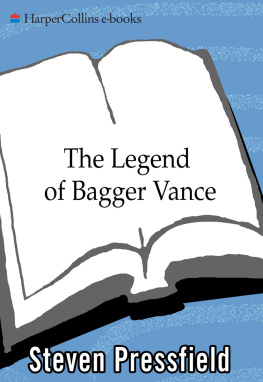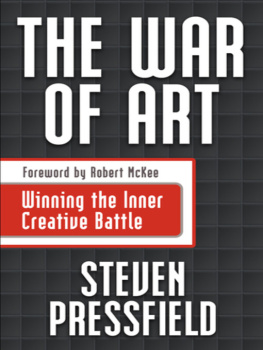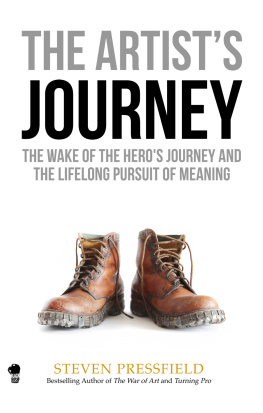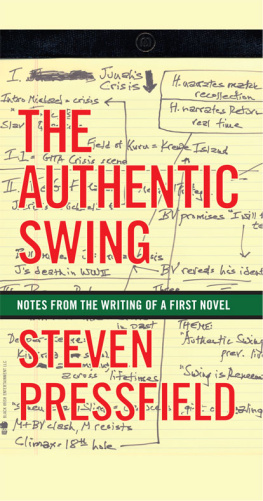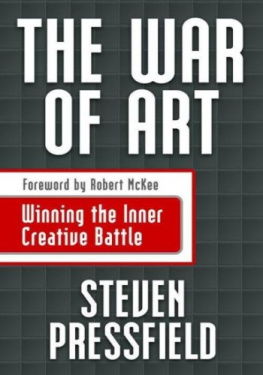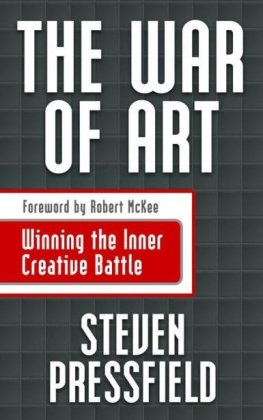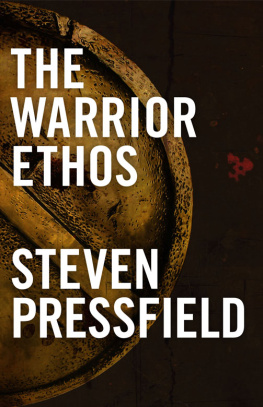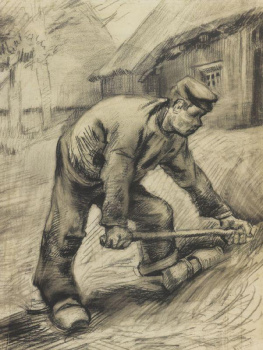Steven Pressfield - Killing Rommel
Here you can read online Steven Pressfield - Killing Rommel full text of the book (entire story) in english for free. Download pdf and epub, get meaning, cover and reviews about this ebook. year: 2008, publisher: Doubleday, genre: Non-fiction. Description of the work, (preface) as well as reviews are available. Best literature library LitArk.com created for fans of good reading and offers a wide selection of genres:
Romance novel
Science fiction
Adventure
Detective
Science
History
Home and family
Prose
Art
Politics
Computer
Non-fiction
Religion
Business
Children
Humor
Choose a favorite category and find really read worthwhile books. Enjoy immersion in the world of imagination, feel the emotions of the characters or learn something new for yourself, make an fascinating discovery.

- Book:Killing Rommel
- Author:
- Publisher:Doubleday
- Genre:
- Year:2008
- Rating:4 / 5
- Favourites:Add to favourites
- Your mark:
- 80
- 1
- 2
- 3
- 4
- 5
Killing Rommel: summary, description and annotation
We offer to read an annotation, description, summary or preface (depends on what the author of the book "Killing Rommel" wrote himself). If you haven't found the necessary information about the book — write in the comments, we will try to find it.
Killing Rommel — read online for free the complete book (whole text) full work
Below is the text of the book, divided by pages. System saving the place of the last page read, allows you to conveniently read the book "Killing Rommel" online for free, without having to search again every time where you left off. Put a bookmark, and you can go to the page where you finished reading at any time.
Font size:
Interval:
Bookmark:

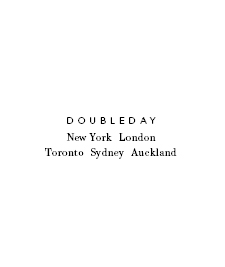
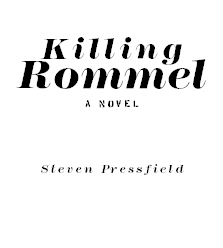
Contents
For Nancy
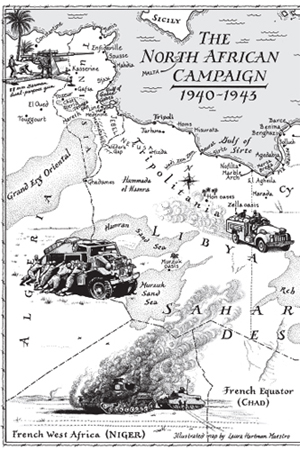
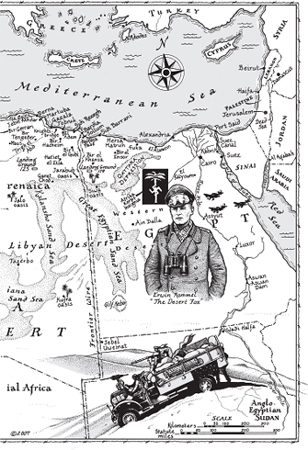
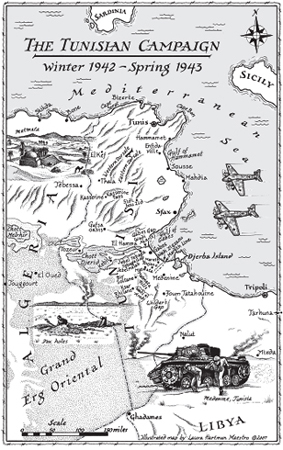
HISTORICAL NOTE
WHAT FOLLOWS is a work of fiction, but its basis in reality is fact.
All details of the trucks and tanks are historically accurate, as are desert geography and place names, campaigns of the war and timing of battles, equipment, weapons, nomenclature and all wireless and operational protocols. All military units are real, with the exception of T3 Patrol and the Regiment of 22nd Armoured Brigade, which are fictional. Everything about Rommels history and death is true. All incidents concerning the reconnaissance and outflanking of the Mareth Line in late 1942early 1943, excepting those involving T3 Patrol, actually happened.
Patrol designations and commanders of the Long Range Desert Group are historically true and their orders are as they were issued in fact. Where actual historical characters appearJake Easonsmith, Paddy Mayne, Nick Wilder, Ron Tinker, to cite the more prominentall actions that they are said to perform before and after the central patrol are exactly as the real individuals performed them. Other characters are composites or inventions.
Only men who do not mind a hard life, with scanty food, little water and lots of discomfort, men who possess stamina and initiative, need apply.
From the initial British Army Circular,
North Africa, summer 1940,
seeking volunteers for what would
become the Long Range Desert Group

WHEN my dad died, his closest friend came forward as a mentor and surrogate father to me. This was not without its challenges since Chaphis full name was R. Lawrence Chapmanlived in England, while my familys home was in Manhattan. Chaps profession was publishing, so he got to New York regularly on business; I remember him taking me to the Millrose Games at Madison Square Garden every winter, in the days when the indoor track and field events were held in an arena so dense with cigarette smoke that you could barely see from one side to the other. Summers, I visited Chap and his wife, Rose, in London and at Roses brother Jocks cottage at Golspie in Scotland. Chap and Rose had a stepdaughter, Jessica, who was exactly my age, and two sons, Patrick and Tom, a couple of years older. The four of us were inseparable.
Chap had lost his own parents when he was quite young, so he was sensitive to the needs of a boy without a father. He took me trekking and fly-fishing; he taught me how to brew a cup of tea and how to write a declarative sentence. Chap was quite a celebrated editor and publisher; it was not unusual to find writers like Harold Pinter and John Osborne sitting down to supper. Chap was also, though he never talked about it, a war hero. He had won a DSO for his service in North Africa during World War II. DSO stands for Distinguished Service Order. The only British decoration higher is the Victoria Cross, the equivalent of our Medal of Honor. I was too young to understand much of this then, but I was impressed all the same.
I remember Rose showing me a photo album once at their flat in Knightsbridge. There was Rose, circa 1939, looking as glamorous as Gene Tierney in Laura. And young Lieutenant Chapman, as dashing as Tyrone Power. I squinted at yellowing snapshots of youthful Englishmen and New Zealanders of Chaps unit, the Long Range Desert Group, posing beside wilderness-rigged trucks armed with .30-caliber Brownings and twin .303 Vickers K machine guns. You could see the sand channels mounted on the vehicles flanksperforated steel tracks that the men used for extricating trucks stuck in the soft sand. Rose said that such patrols routinely crossed hundreds, even thousands of miles of waterless, petrol-less desert, where there was no mercy and no hope of rescue if anything went wrong.
Sometime in the early seventies, Chap began writing a memoir of this experience. I was eleven or twelve then; I remember Chap sending Jessica and me to the Public Record Office in Chancery Lane to look up Army records for him. The documents had only recently become declassified; there was a stamp on the first page of each that read
MOST SECRET TILL 1972
Jessica and I got five pence apiece from Chap for copying these papers, which was big money in those days. Chap worked at home in his study, a tiny cubby littered with his war journals and diaries, correspondence with former comrades, maps of North Africa and operations reports in English and German. I was fascinated. I plagued Chap with question after question, most of which he was patient enough to answer.
It was not till the early nineties, however, when I became a historian myself that my thoughts returned seriously to Chaps memoir. I was visiting him and Rose in Scotland; Chap and I were playing the Struie golf course, next door to Royal Dornoch. I asked what had happened with the document. It was in a drawer at home, Chap said. He had finished it but never shown it to anyone except Rose. I asked if I could see it.
No, no, its a mess. Besides, I cant publish it.
Chap expressed a number of reservations, largely about the personal nature of the material. He feared, he said, causing pain to the still-living widows and grown children of the men whose deaths he described in his pages. I could see that his own grief was deep and keenly felt. Still, as a writer, you cant let stuff like that stop you, and Chap knew it.
Can you at least tell me what the books about?
Its not even a book. JustI dont knowan account.
Of what?
Nothing really. One patrol. Not even a successful one.
I managed to drag out of Chap that the operations objective had been to locate and kill Field Marshal Erwin Rommel, the legendary Desert Fox.
Now I was really hooked. I pressed Chap to show me a few pages. He wouldnt budge. I accused him of being a chicken writer. He was exhibiting, I said, all the symptoms of publication terror that he always told me his own writers showed.
Cmon, Chap, you cant be tough on them while letting yourself off the hook.
Theyre professional writers, he said. Im not.
Back in the States, I found myself unable to let go of curiosity about Chaps story. I began researching the era. The Long Range Desert Group, I discovered, was one of the first of those units that would come to be called special forces. It had been based in Cairo and at various oases in the Libyan desert; its missions were raiding and reconnaissance behind enemy lines, against the Italians and Rommels Afrika Korps. The LRDG was small and secret. Rommel himself had declared that man for man it had done more damage to the Axis cause than any other outfit in the North African campaign.
Font size:
Interval:
Bookmark:
Similar books «Killing Rommel»
Look at similar books to Killing Rommel. We have selected literature similar in name and meaning in the hope of providing readers with more options to find new, interesting, not yet read works.
Discussion, reviews of the book Killing Rommel and just readers' own opinions. Leave your comments, write what you think about the work, its meaning or the main characters. Specify what exactly you liked and what you didn't like, and why you think so.

